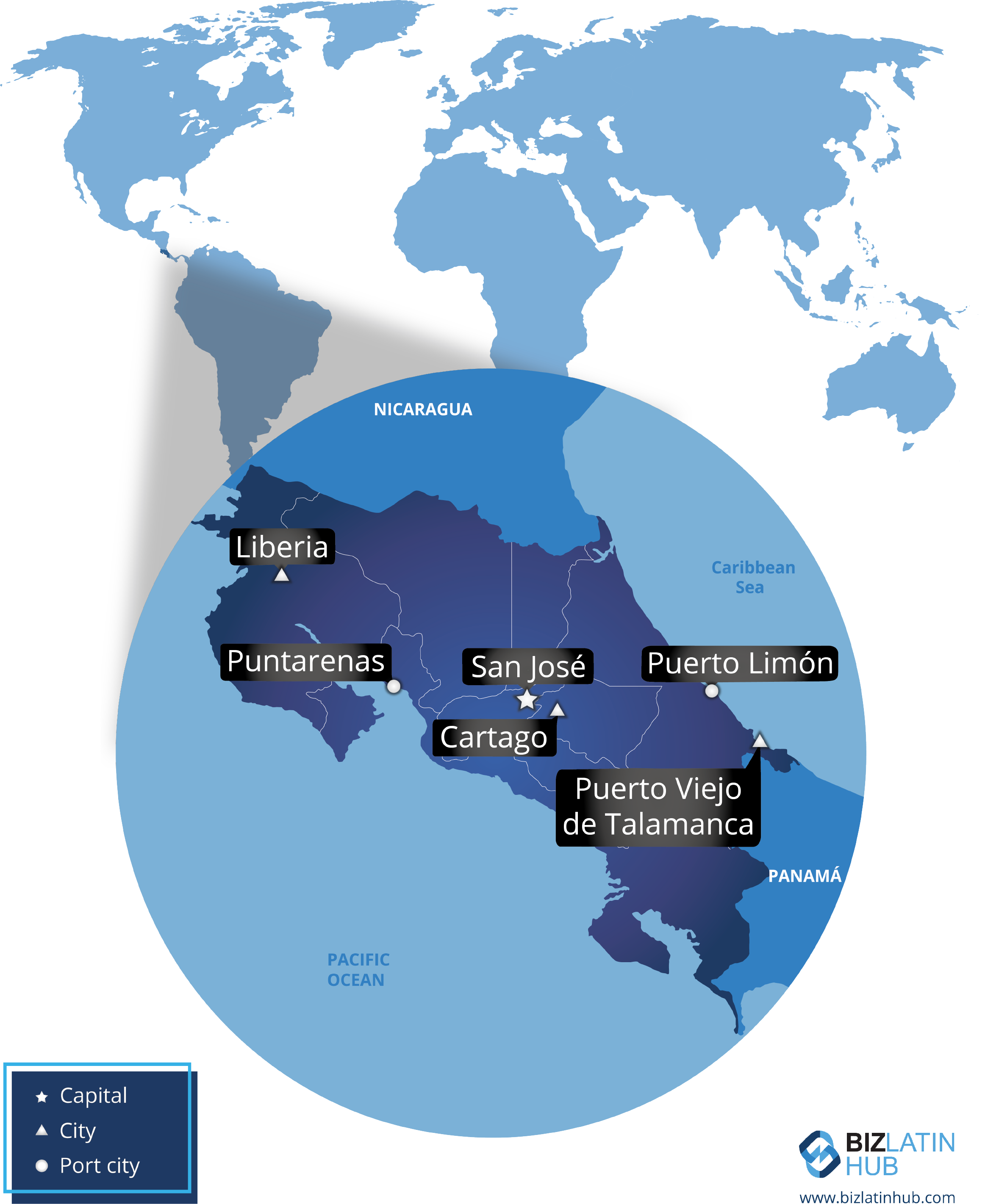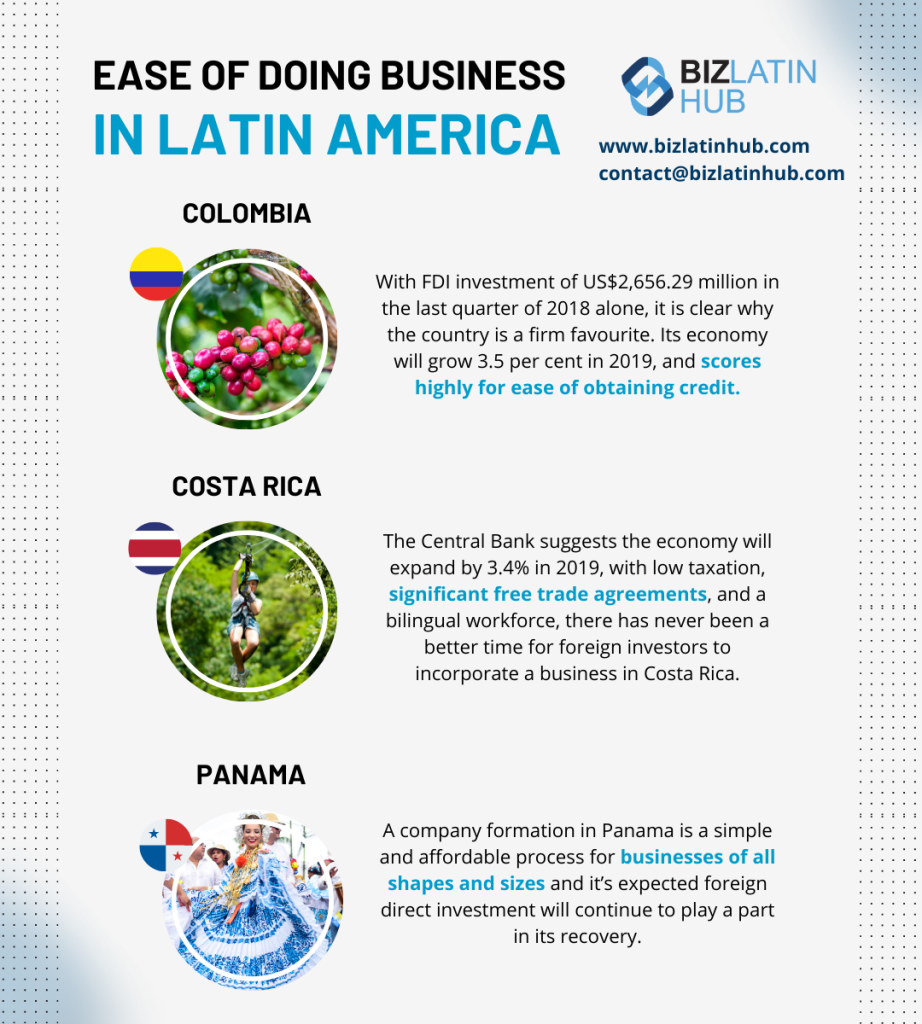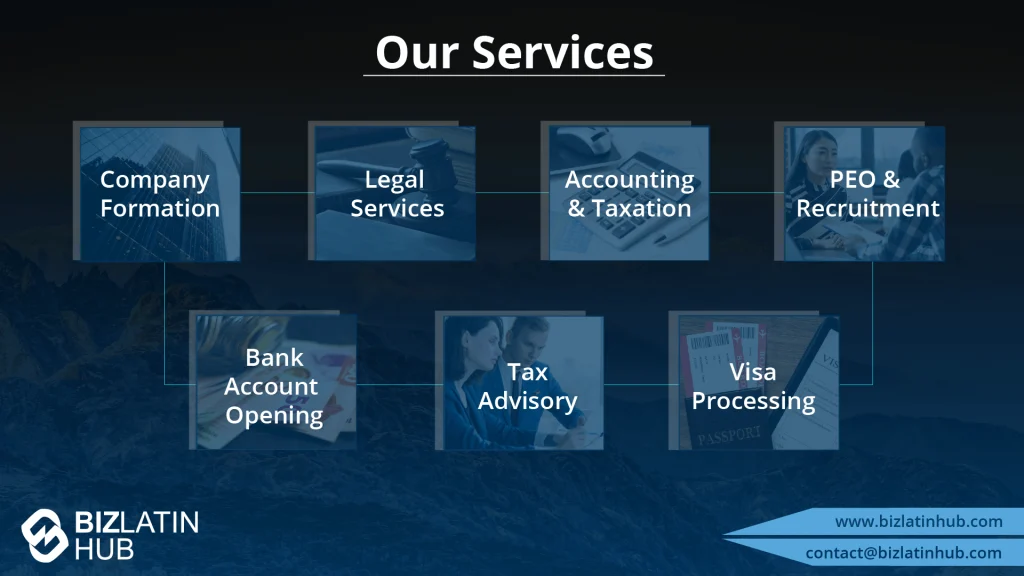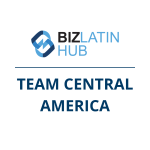The long-anticipated Costa Rica digital nomad visa has finally been made law, after Costa Rican president Rodrigo Chaves signed off on the legislation this week, following the inclusion of modifications to make it more accessible and easier to apply.

Officially known as the ‘Law to Attract Workers and Remote Providers of International Services,’ the digital nomad visa was first approved by the Legislative Assembly of Costa Rica in July 2021 and initially signed into law by Chaves’ predecessor Carlos Alvarado in August.
However, proper implementation of the visa was held up by concerns raised among government departments that the requirements were too restrictive, prompting modifications to be made to ease the application process and relax its conditions. It will come into force once the text of the law is published in the the official government newspaper, La Gaceta.
SEE ALSO: Find an employer of record for payroll outsourcing in Costa Rica
The law is one of a range of measures the Costa Rican government has taken since the onset of the pandemic to encourage foreign investment and visitors back to the country, and is one among many examples of visas being introduced around Latin America and the Caribbean to attract remote workers.
The signing off of the law on July 6 introduces a number of changes to the original legislation that make it considerably easier to obtain a Costa Rica digital nomad visa. Below, eight key aspects of the visa and application process are highlighted:
1. A criminal record check is NOT mandatory
One of the most notable modifications to the Costa Rica digital nomad visa is the elimination of the need for a criminal record check. That promises to be a significant time saver for many applicants, because obtaining a criminal record background check can sometimes be a delayed process.
It is important to note that it doesn’t mean all applicants will necessarily be granted the visa without having their criminal history checked. Because Costa Rican authorities are still able to insist on such checks if they deem it reasonable to do so. But it is now at their discretion, rather than compulsory.
2. The Costa Rica digital nomad visa requires a minimum income
One of the primary criterions for getting a digital nomad visa is being able to prove that you meet the minimum income threshold. For anyone planning to move to the country alone, that means earnings of at least US $3,000 per month, while anyone bringing a partner or family must be earning US $4,000. Anyone set to be granted a visa as part of an applicatin must also have health insurance.
Demonstrating earnings involves providing original bank statements that prove the applicant has consistently met the relevant threshold via an affidavit, which the US embassy in Costa Rica defines as a “written or printed declaration or statement of facts, made voluntarily, and confirmed by the oath or affirmation of the person making it, taken before a consular officer having authority to administer such an oath.”
3. The visa offers major tax breaks
A major draw of the Costa Rica digital nomad visa is the fact it comes with full income tax exemption for the holder, as well as exemption from import taxes for the importation of computers and other equipment the holder needs to undertake their job, plus up to two vehicles.
It is worth noting that while partners or dependents will be permitted to use any vehicle brought in free of import tax, they will not enjoy income tax exemption, which only applies to the main visa holder.
4. Documents must be professionally translated
Any documents required as part of the application process that do not originally appear in Spanish will need to be translated by an accredited translator within Costa Rica or the applicant’s country of origin, or by a registered Costa Rican notary.
This stipulation does not apply to passports.
5. You no longer need apostilles to get a Costa Rica digital nomad visa
Previously the digital nomad visa required documents to be apostilled — a type of authentication recognized around the world which can sometimes take weeks to obtain. Now, however, documents can now be authenticated with an affidavit.

That is a much simpler requirement, intended to cut down the bureacracy and time involved in obtaining the visa.
6. An inital application will be processed rapidly
To begin the application process for a Costa Rica digital nomad visa, applicants can visit the Trámite Ya platform, where they will be able to complete the online form, which includes submitting basic personal information and a number of personal and legal documents.
Once the application has been submitted, authorities will then have a maximum of 15 days to accept or reject the application — a stipulation imposed to hasten the processing time.
7. You have limited time to get your immigration accredited
Once an application has initially been granted the applicant can enter the country, upon arrival they will have three months to process their immigration accreditation document. That will involve a face-to-face appointment at the offices of the country’s migration authority.
During that appointment, photographs and biometric information will be taken, and other personal and legal documents must be presented.
8. Extending a Costa Rica digital nomad visa requires a minimum stay
The Costa Rica digital nomad visa is intended to attract remote workers, in part because their purchasing power within the country will be a boost for the economy. To that end, stipulations for renewal have been included to encourage holders to remain in the country for at least half of the time they hold the visa.
A visa will be initially granted for a period of 12 months, which can then be extended for a further 12 months. However, holders will only be granted an extension if they are been in the country for a minimum of 180 days during the initial year.
Biz Latin Hub can assist you doing business in Costa Rica
At Biz Latin Hub, we offer a range of professional services throughout Latin America and the Caribbean, with teams in more than a dozen key cities around the region, including Costa Rica’s capital city San Jose.
Our comprehensive portfolio of back-office services includes company formation, accounting & taxation, hiring & PEO, and legal services, so we can provide a personalized services agreement to suit a wide range of needs.
Contact us today to find out more about how we can assist you.
If this article on the new Costa Rica digital nomad visa was of interest to you, check out the rest of our coverage of this prosperous Central American country. Or read about our team and expert authors.
*Lewis McLeod contributed to this article





